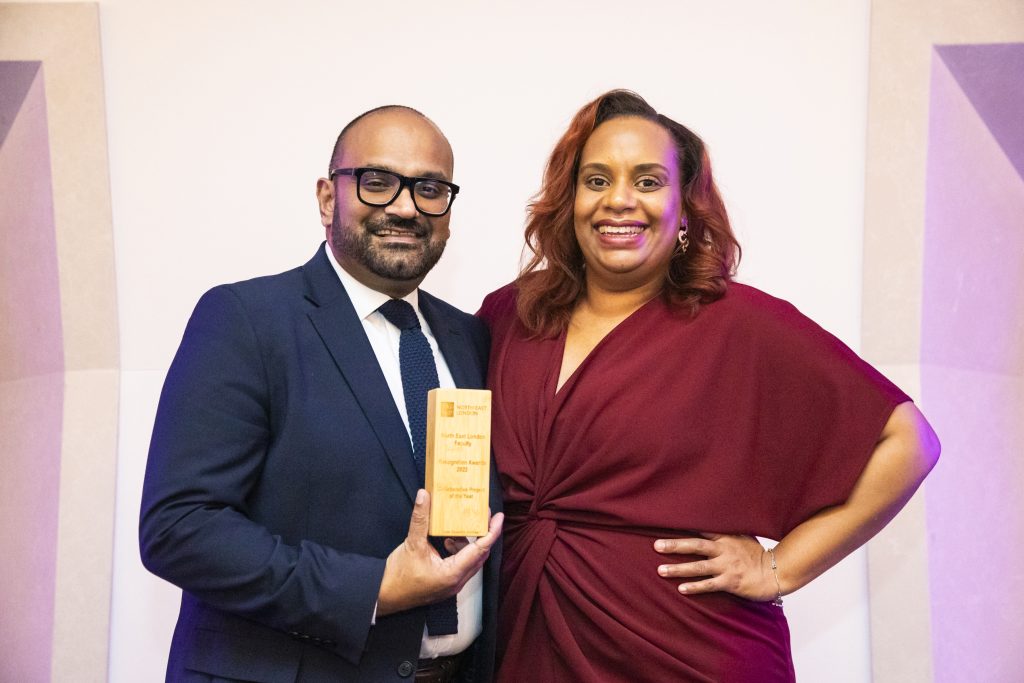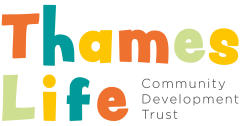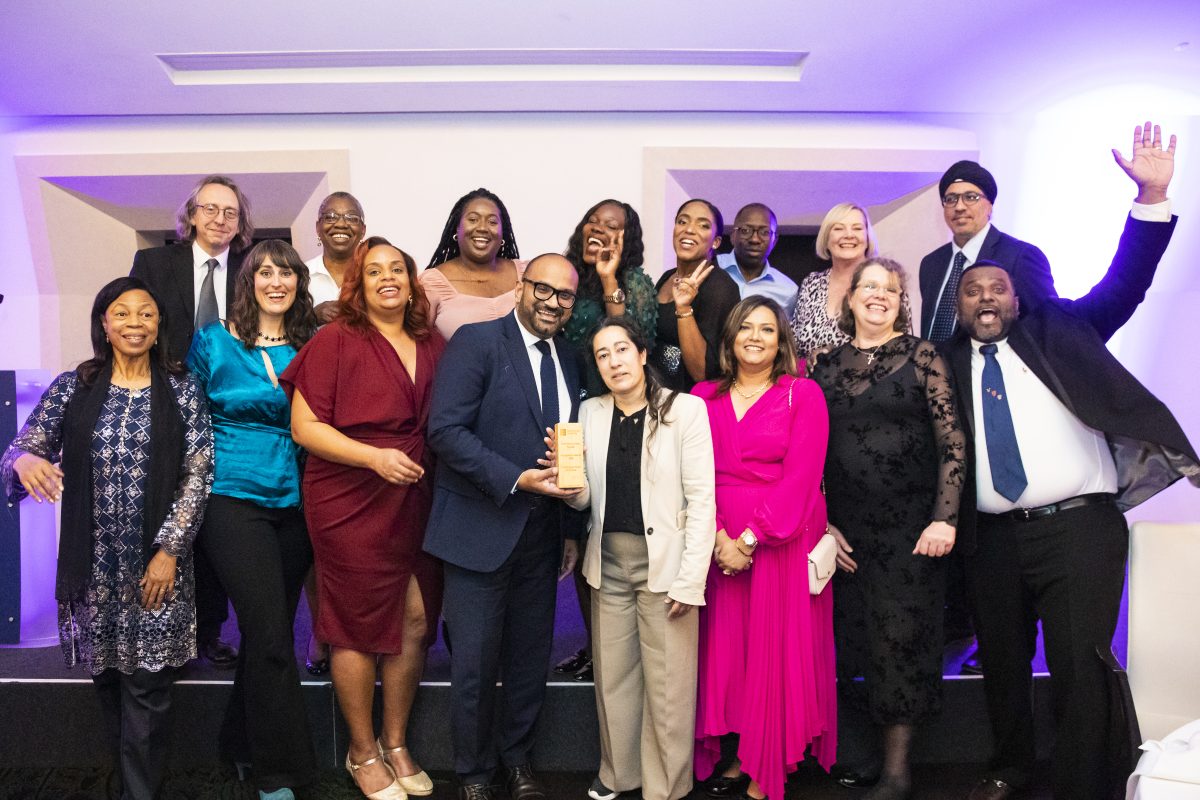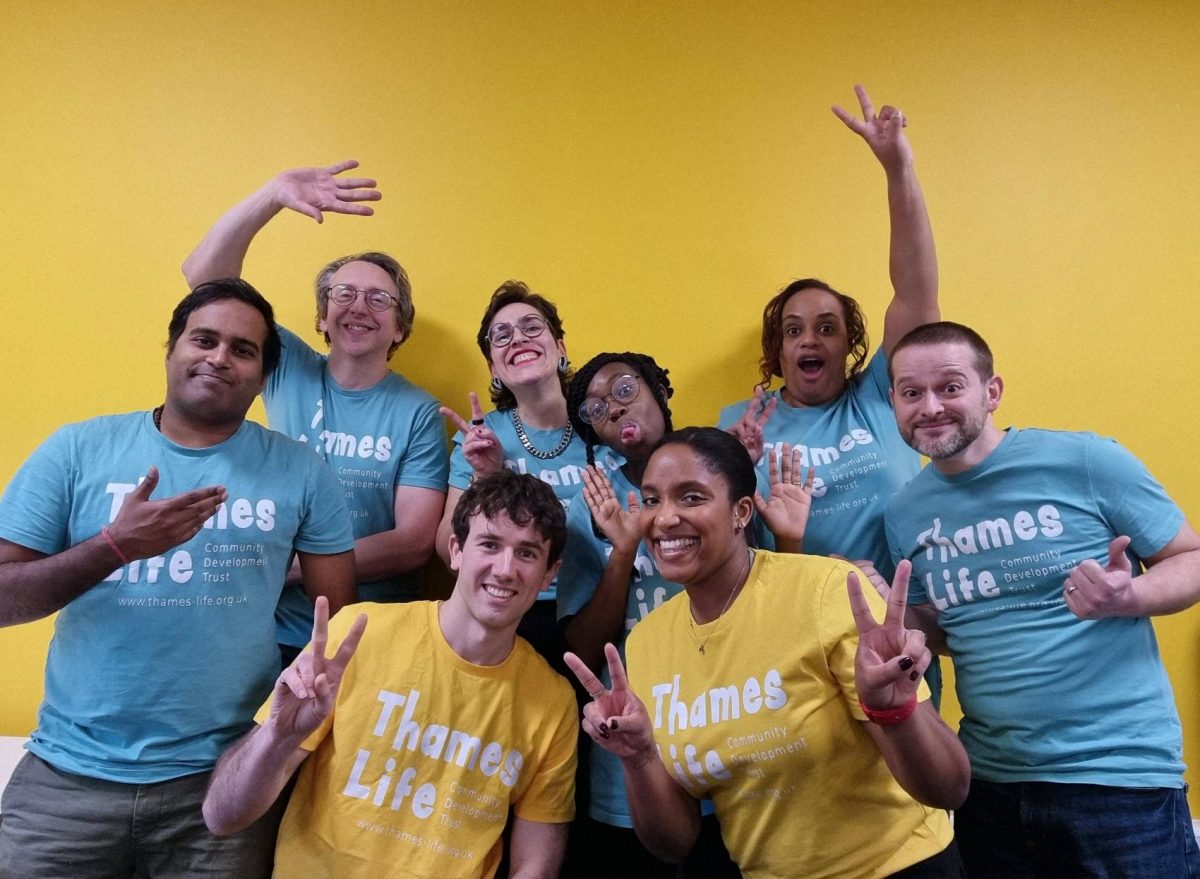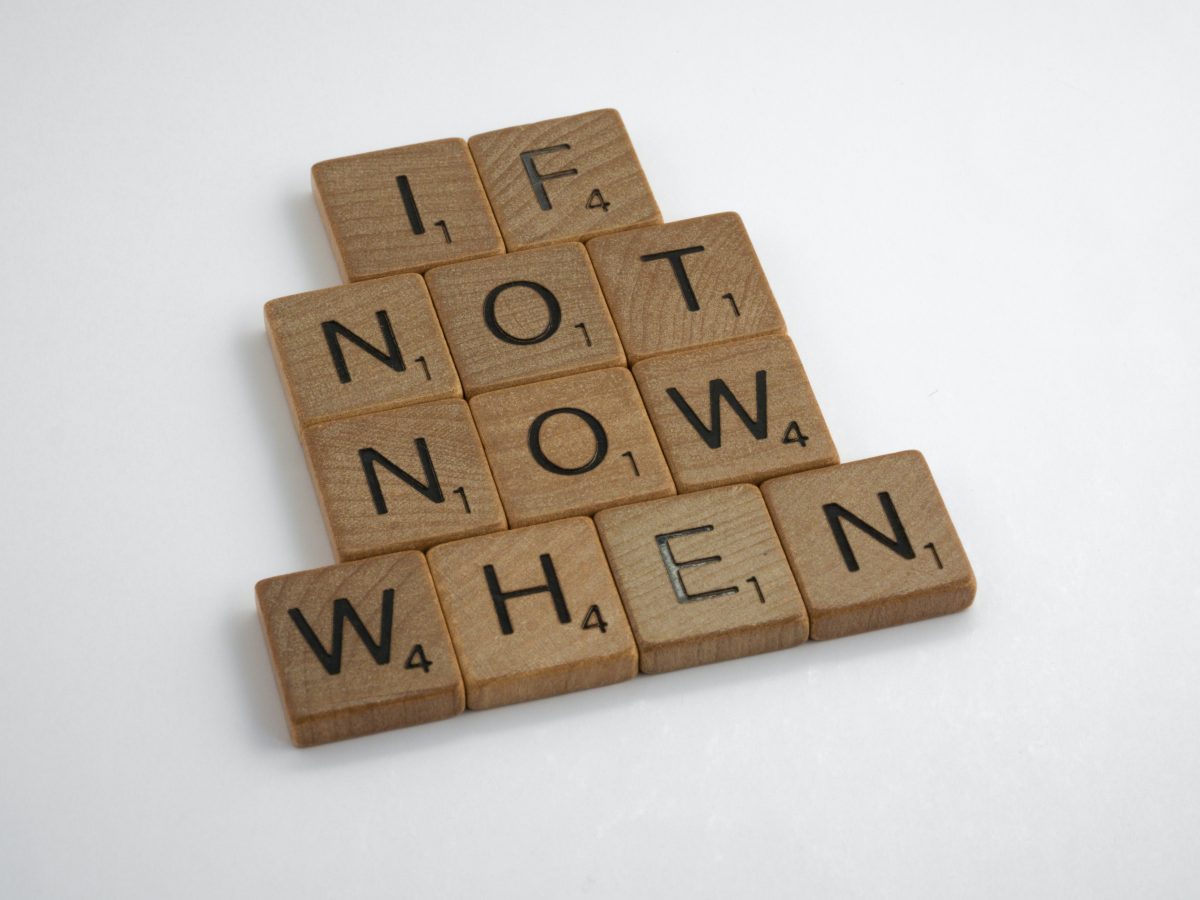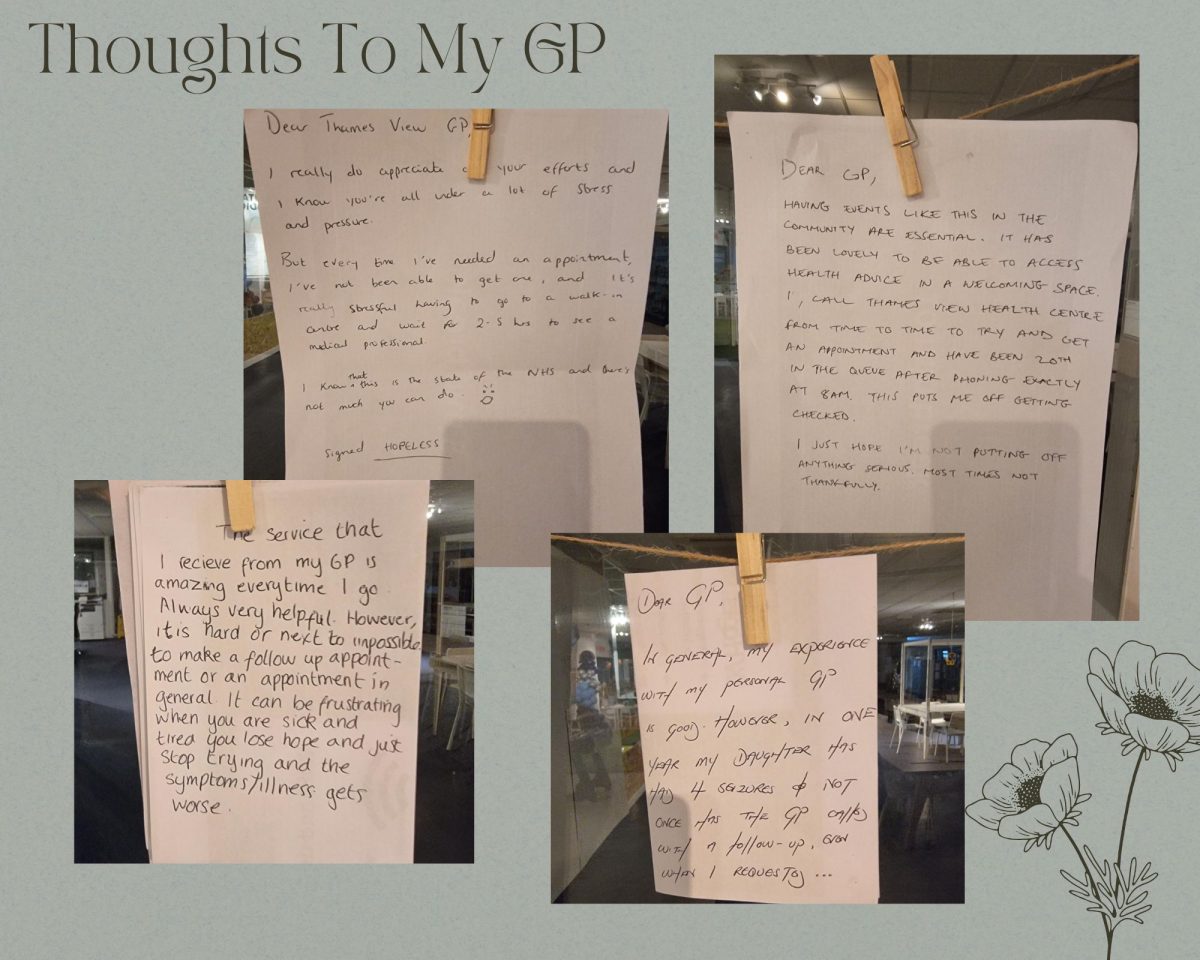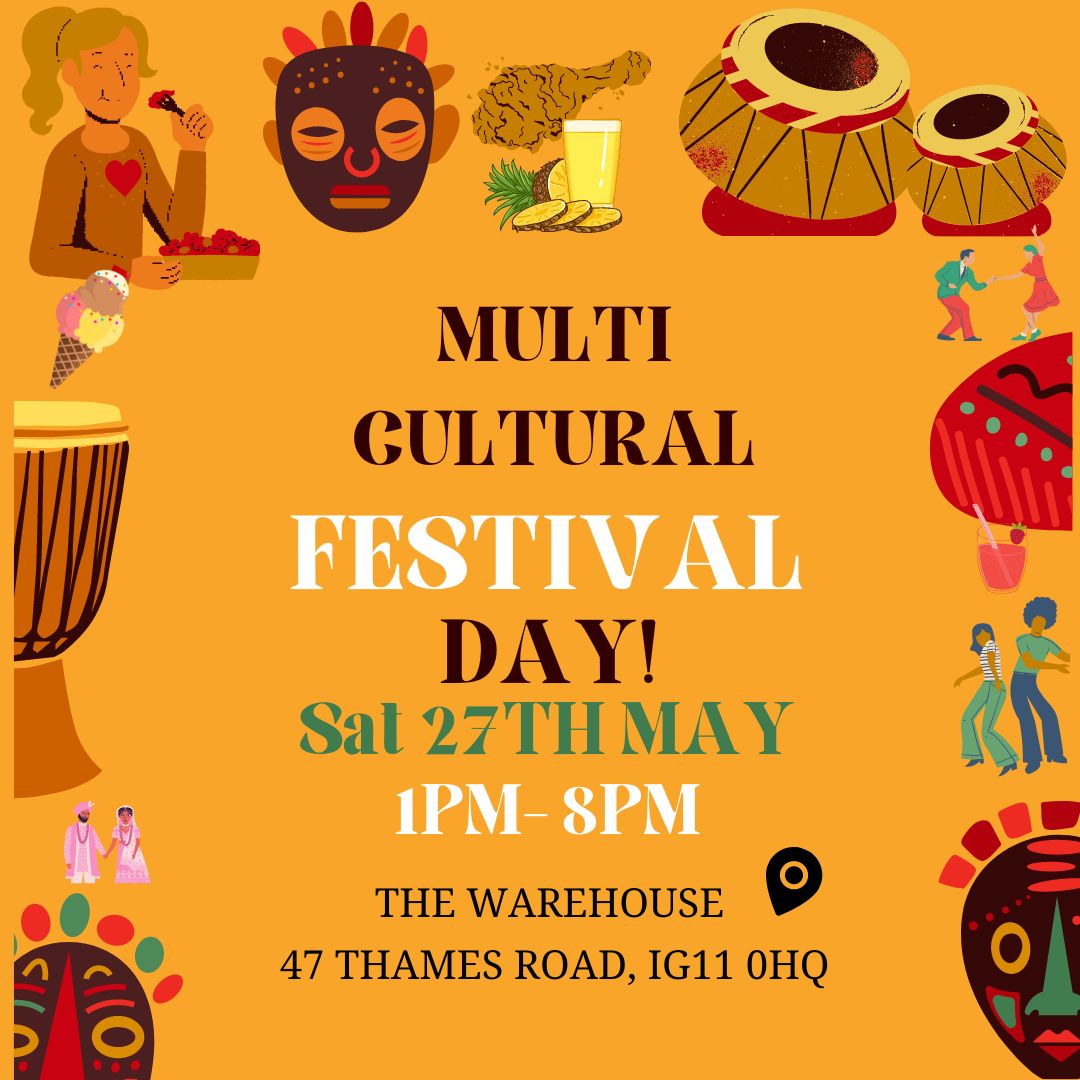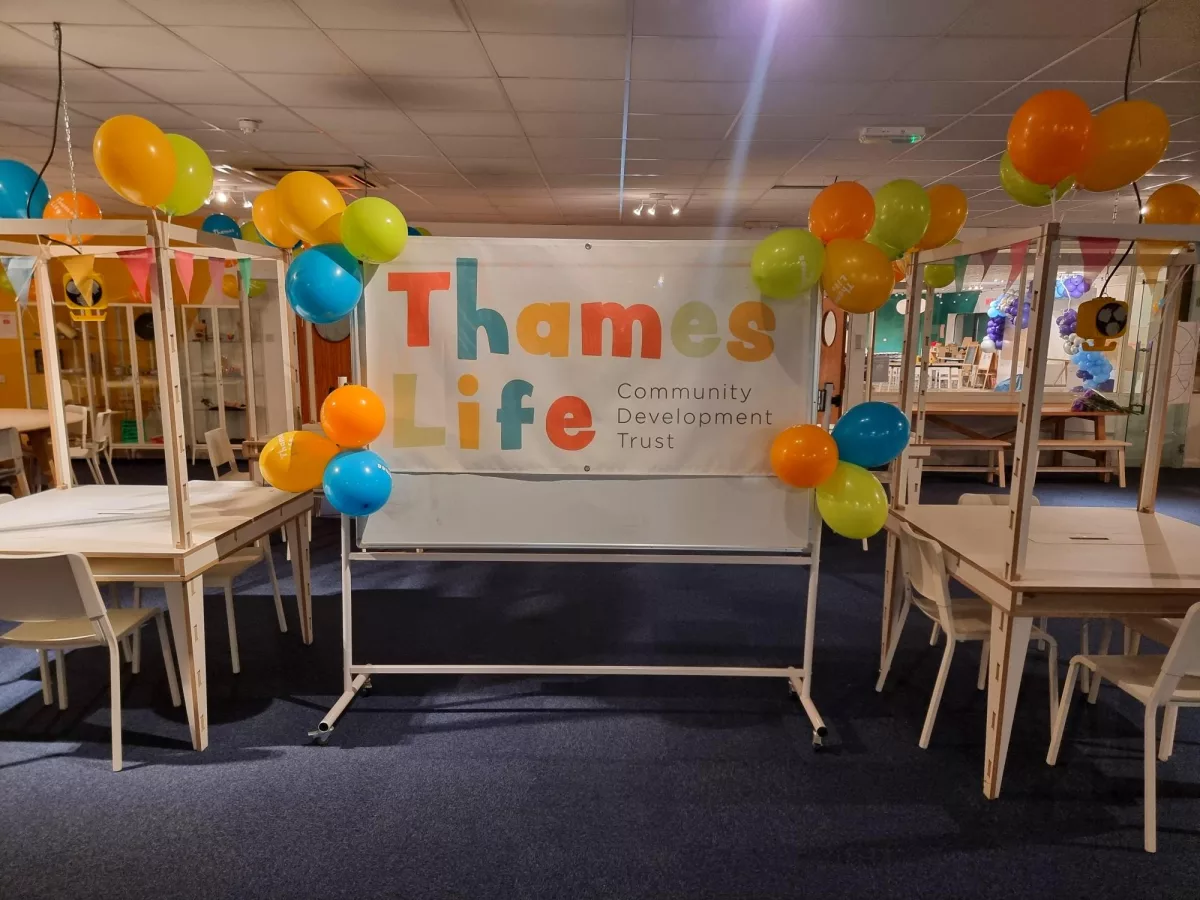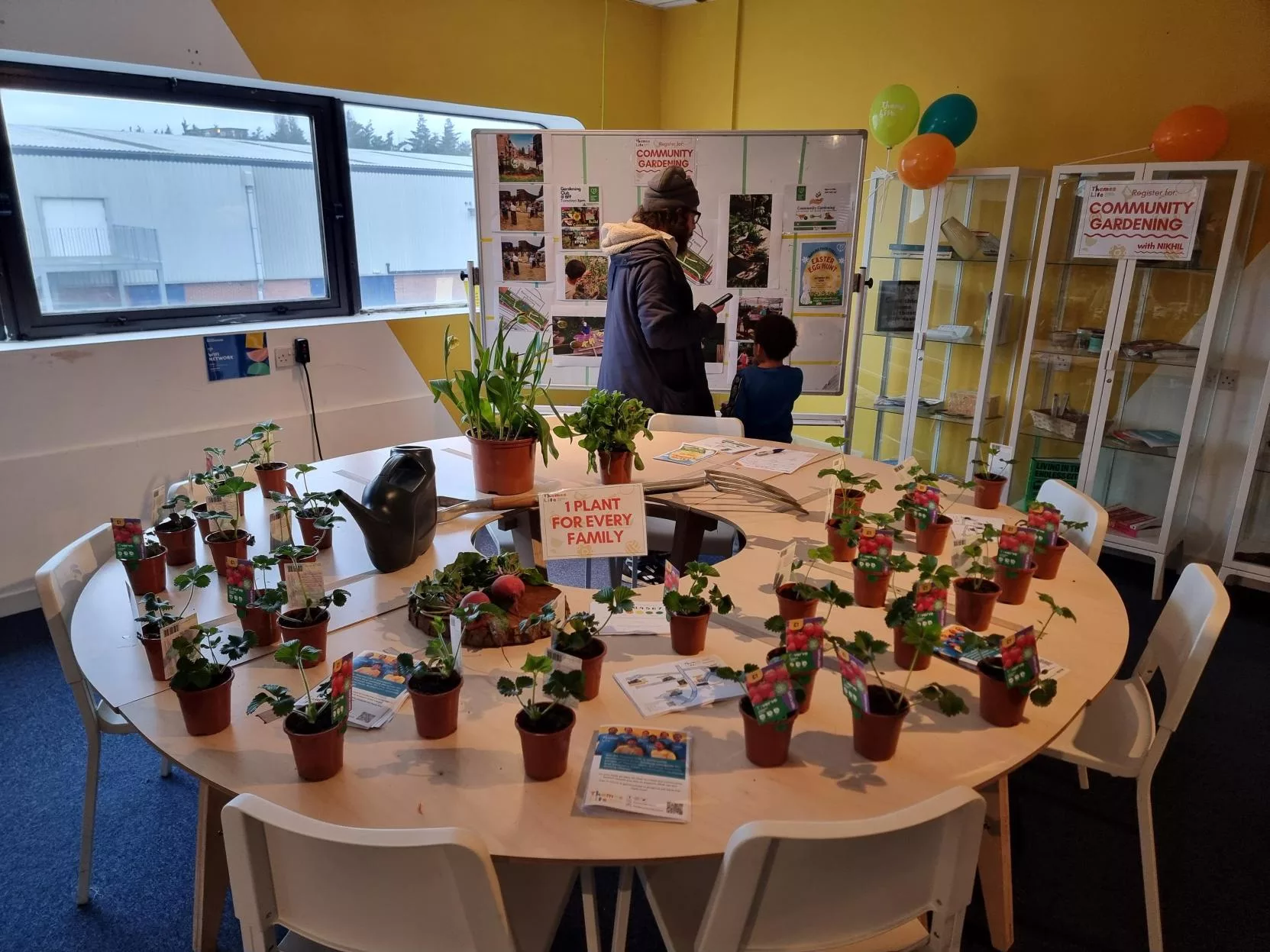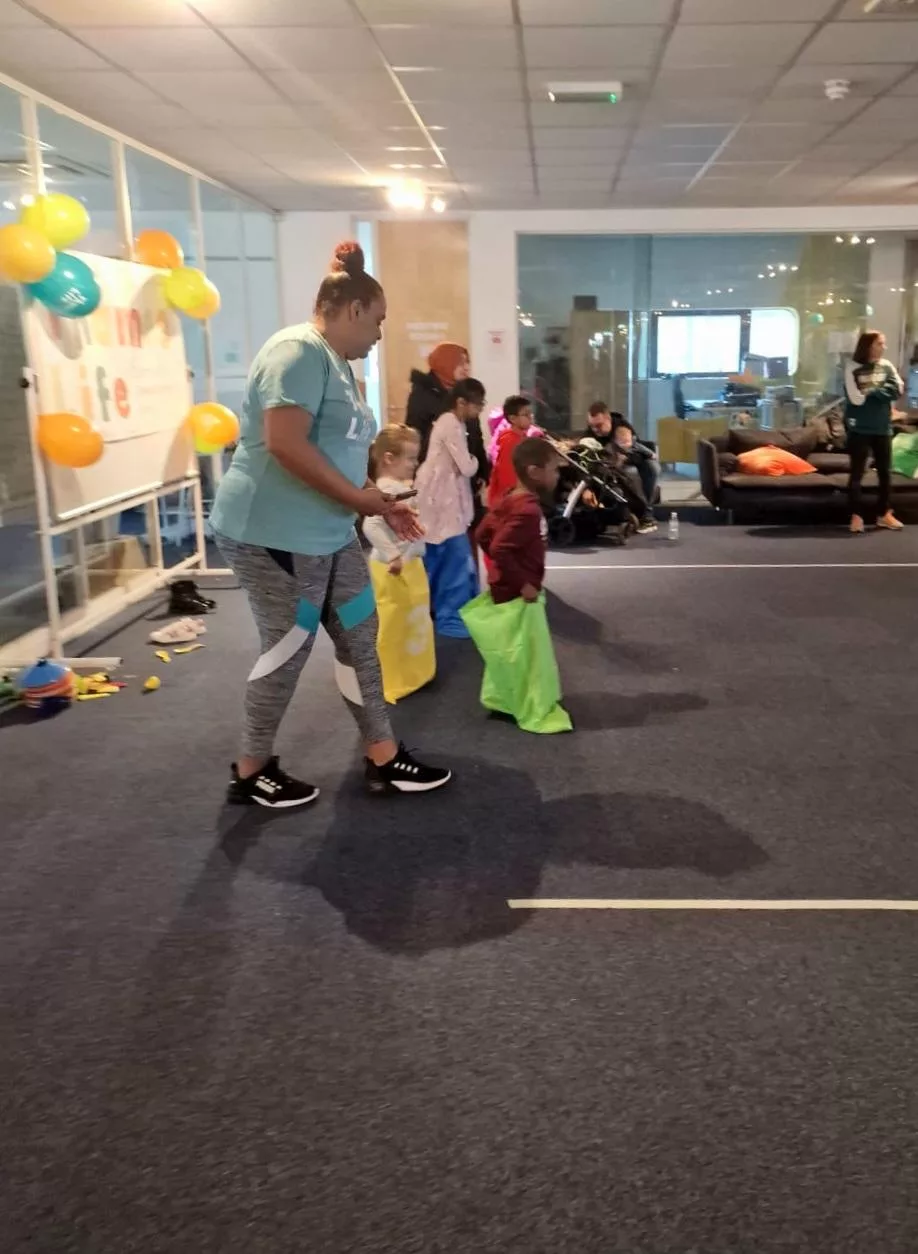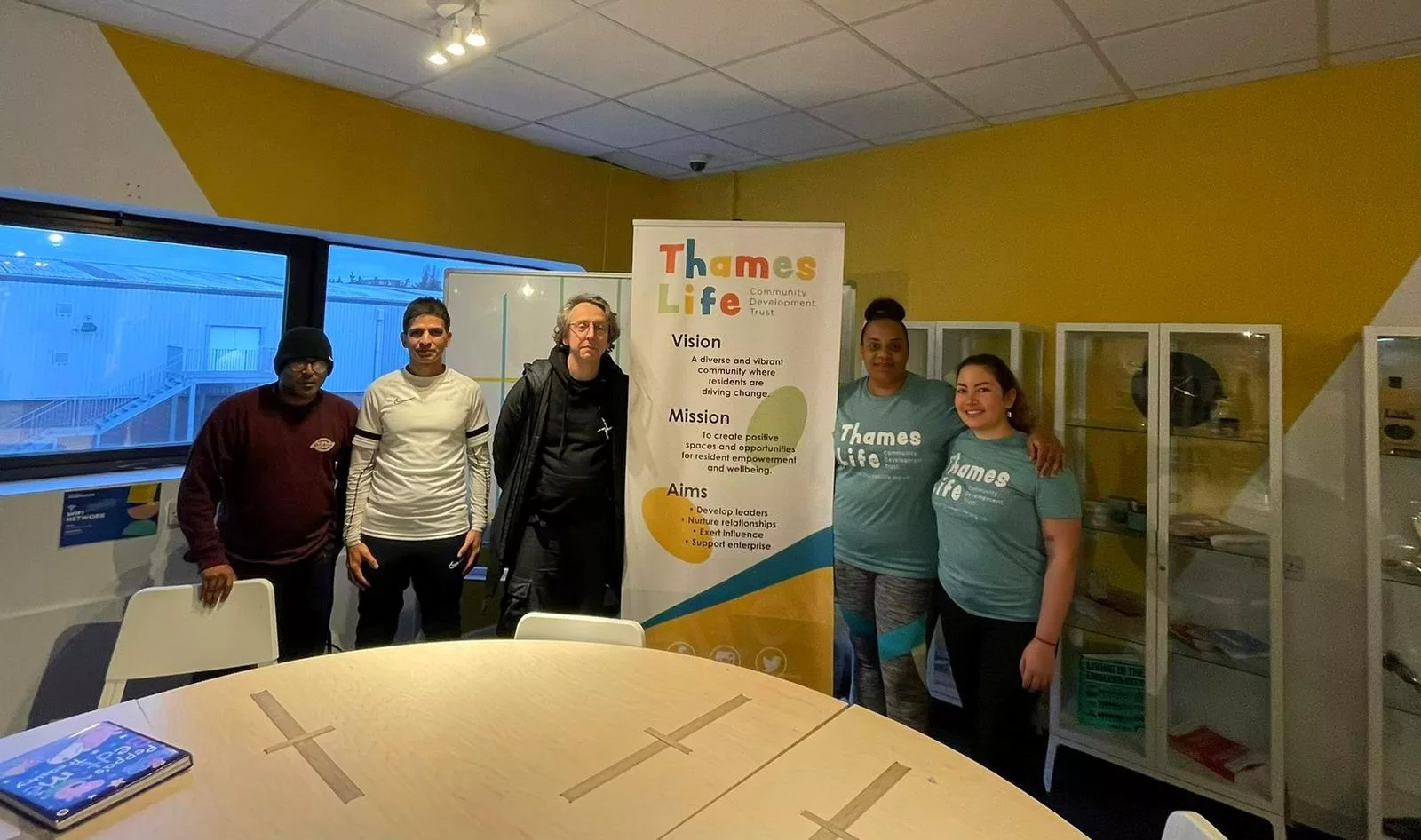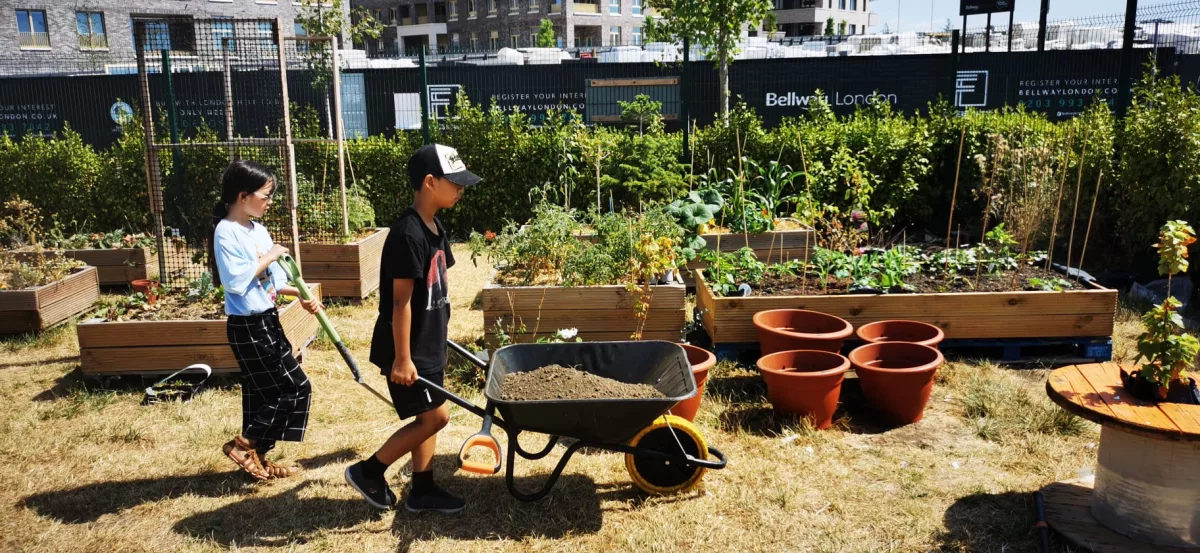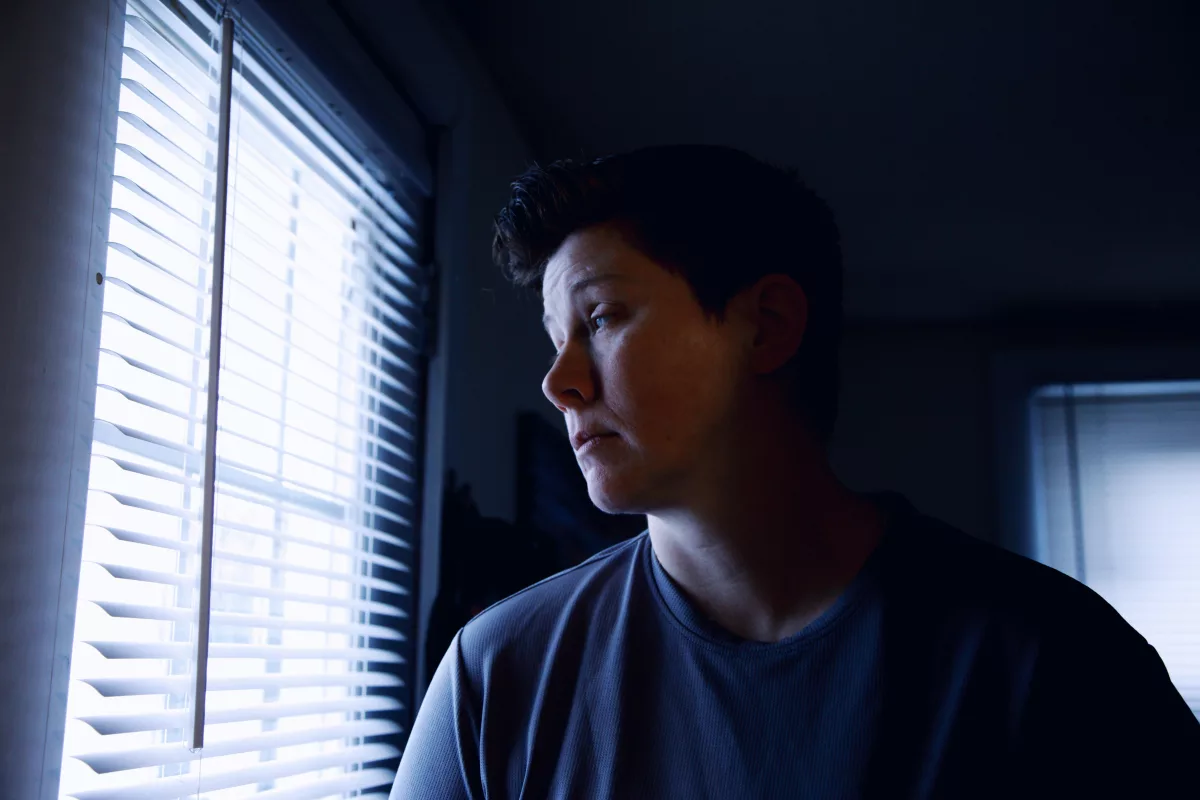It has been fantastic working with Thames Life and collaboratively being able to come up with these pop up clinics over multiple locations between Thames View and Riverside and as a result we have been able to do something different and very new. Specifically having our fantastic community groups and community leaders as well as having statutory services from the local council, the North East London Foundation Trust, BHRUT (Barking, Havering, Redbridge University Trust) and their teams to create a one stop clinic. This has helped us to develop and understand the needs of the local residents but also, more importantly, develop a local team to support the local residents through the clinics. It has been helpful to develop this on a monthly basis as we now have such a good understanding of the community, which we would have never been able to get to before.
It also fosters a great relationship with all our community teams and services as we end up supporting residents in a collaborative way at the point of contact rather than waiting for further appointments for a review, which is fantastic. This ‘on the spot multi-disciplinary approach’ has really given our residents a lot of support and as a result we have been able to track their progress as they come to the clinics.
I don’t believe we would have been able to achieve this without the intelligence and unique ability of Thames Life and certainly the organisation of the clinics have been down to Thames Life which received feedback from both local residents and community groups and has been able to create these clinics in such a way that works for not only the clinicians and services but also, most importantly, for our residents.
Overall my experience has been fantastic! We managed to create something very new and different that encompasses the acute medical needs as well as holistic needs of local people. This holistic approach has been great in supporting residents with their long-term needs and will be supported after the clinics. My staff and myself have found the clinics a very different way of doing things and found a lot of joy in working with the community and local residents through Thames Life. We’ve had a sense of fulfilment that we probably would have never had doing it in the traditional clinic setting.
I feel this approach has been revolutionary for Barking & Dagenham and Thames Life with the practice and our other partners. We have developed a model of care that many other parts of the borough want to recreate but also other boroughs across London and nationally who have felt our joint approach is a fantastic way to address the health inequalities in our system as well as making sure the ‘hard to reach’ in our communities are really supported in their care.
As a result, we have won the Collaborative Project Of The Year award from the Royal College Of General Practitioners North East London Faculty Recognition Awards. It is great to see that our hard work and real grassroots collaboration has been recognised and awarded.
Thank you to my staff at Aurora Medcare, our key partners and funders; Thames Life, LBBD & BRL, all the community groups and residents who have supported and attended the clinics. Without you, we wouldn’t have gotten to where we have! Watch this space for upcoming themed clinics.
By Dr. Jagan John
Local GP at Aurora Medcare
